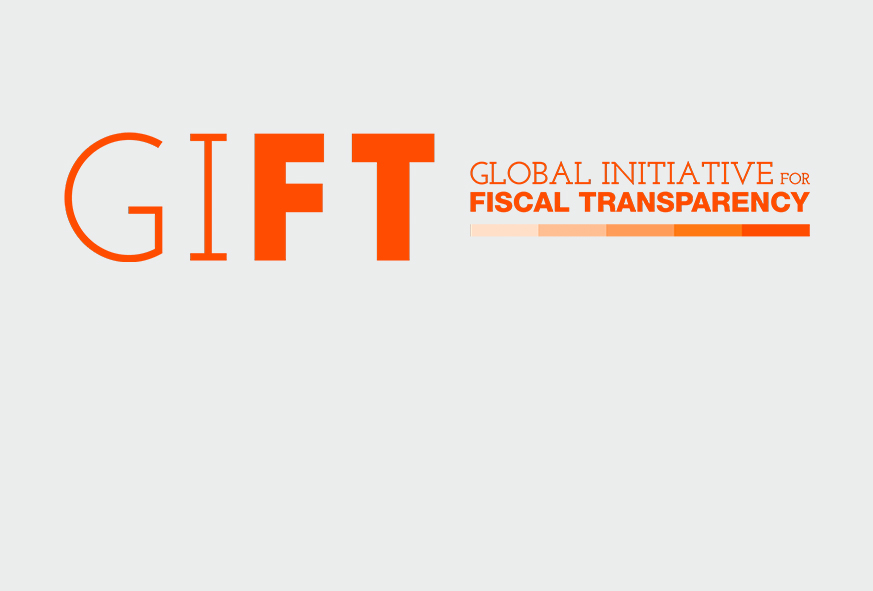•
Ineffective policies can
persist, while potentially
effective policies are
often not adopted. The
2017 WDR explores why some
policies fail to achieve
desired outcomes and what
makes other policies work.
• The success of policies
depends on governance. To
be effective, policies
must guarantee credible
commitment, support
coordination, and promote
cooperation.
• Power asymmetries can
undermine policy
effectiveness. Unequal
distributions of power can
lead to exclusion,
capture, and clientelism.
• Law is an important tool
in the policy arena. It is
not only about the rule of
law but the role of law.
• Change is possible.
Incentives, preferences
and beliefs, and
contestability are levers
for change.
• Three guiding principles
for rethinking governance
for development are:
1) Think not only
about the form of
institutions, but also
about their functions.
2) Think not only
about capacity building,
but also about power
asymmetries.
3) Think not only
about the rule of law, but
also about the role of
law.
Read the full report here.
|
|

